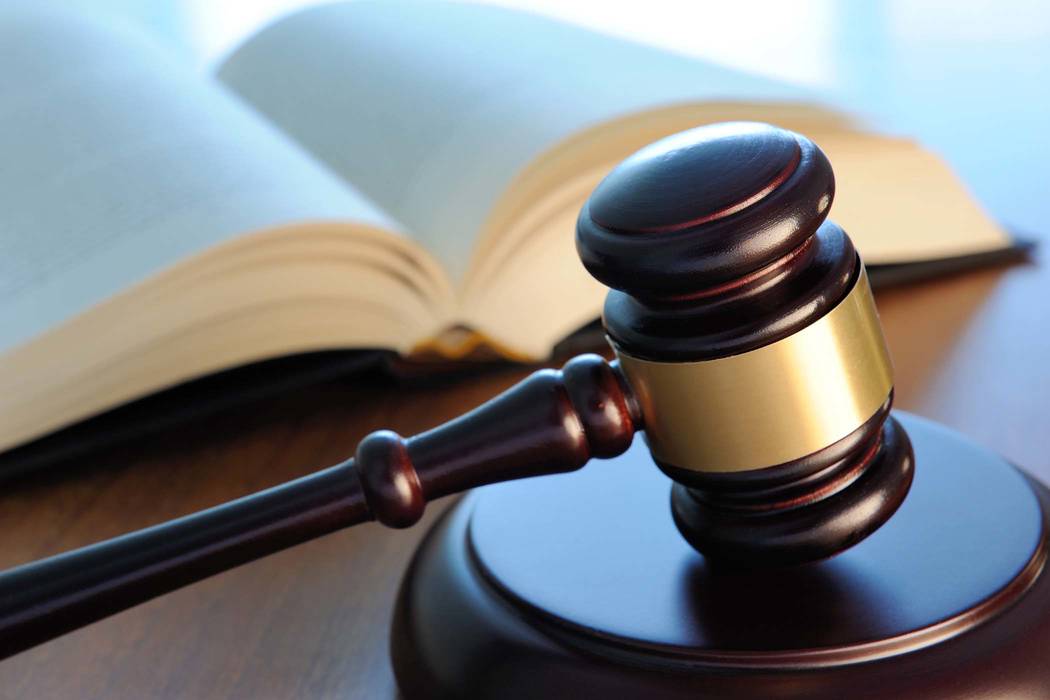EDITORIAL: Secrecy surrounds allegations against two judges
In 2017, the Nevada Supreme Court ruled that citizens no longer have the right to recall elected judges. It was among the court’s worst decisions — competition in that regard is fierce — and deprived voters of a vital check on the judiciary.
The majority’s reasoning held that judges were not “public officers” as defined under state statute because voters agreed to exempt the judiciary from recalls when they approved a 1976 ballot question creating the Commission on Judicial Discipline. Never mind that the referendum said nothing remotely of the sort.
The practical effect of the ruling was to give the commission sole authority — apart from legislative impeachment — to remove a judge from office midterm. The real world effect, however, was to leave judicial discipline shrouded in a cloak of secrecy.
On Friday, the seven-member discipline commission announced that two Las Vegas justices of the peace, Amy Chelini and Melanie Andress-Tobiasson, face suspensions because they pose “a substantial threat of serious harm to the public or to the administration of justice. … based upon the findings of a commission investigation into numerous allegations of judicial misconduct.” These are clearly serious charges.
But what’s in the fine print? “Serious harm to the public”? Doesn’t the pubic have a right to know? After all, when the district attorney files charges against a defendant, he does so openly with a full accounting. Not so for the judicial discipline commission. At this point, there are no details of the allegations or where they originated. The commission’s executive director isn’t rushing to field inquiries.
The panel’s website notes that commissioners have discretion over whether to dismiss or proceed with complaints, but deliberations occur outside the public purview. If the panel moves forward in a particular case, it may do so with “either private or public proceedings.”
Thankfully, the board in this instance will conduct a two-day public hearing in December to determine the fate of the two judges. Attorneys for the duo told the Review-Journal they expect to prevail. “This is a head-hunting expedition,” said Bill Terry, who is representing Ms. Andress-Tobiasson, “and we intend to litigate it fully.”
No doubt more specifics will emerge during next month’s hearing. But the stealth nature of the process so far does nothing to instill public confidence.
Secrecy is the enemy of accountability and fairness. Now that the Supreme Court has taken away the recall option for judges, lawmakers and the Supreme Court must do everything possible to ensure that the Commission on Judicial Discipline operates transparently and without fear of public scrutiny.

















